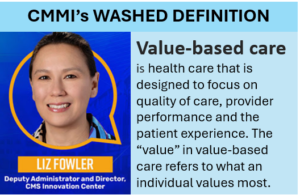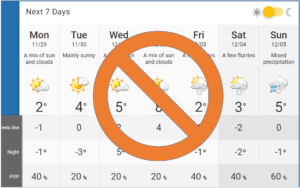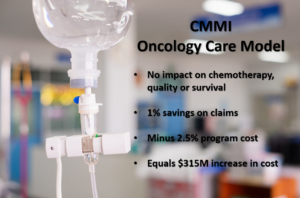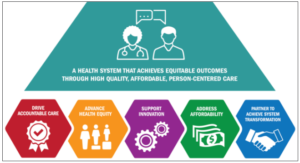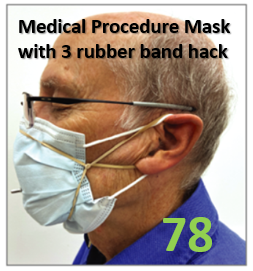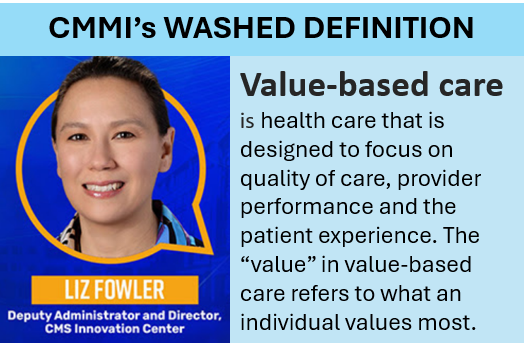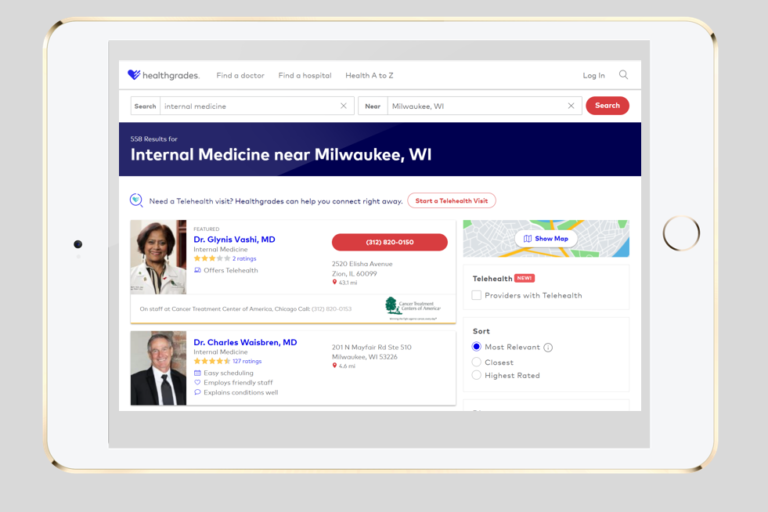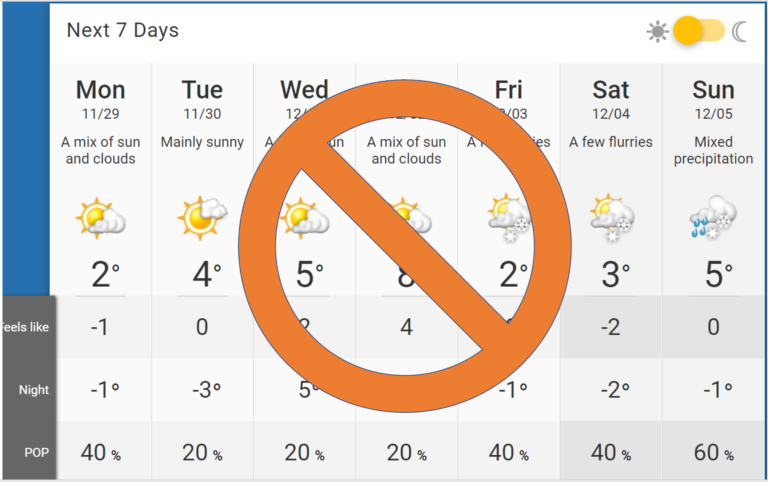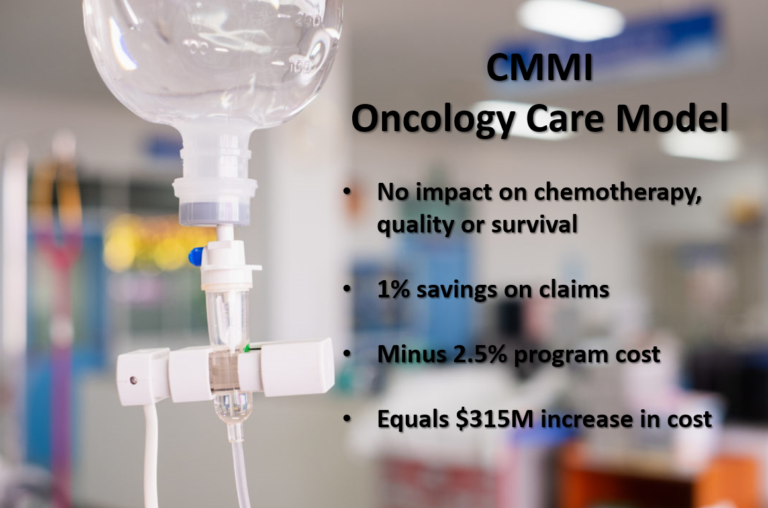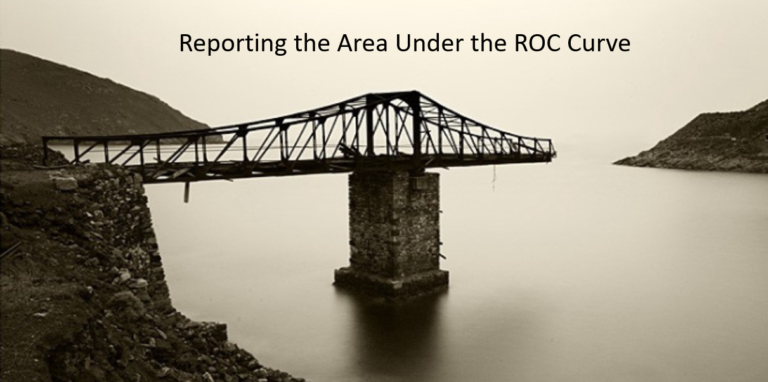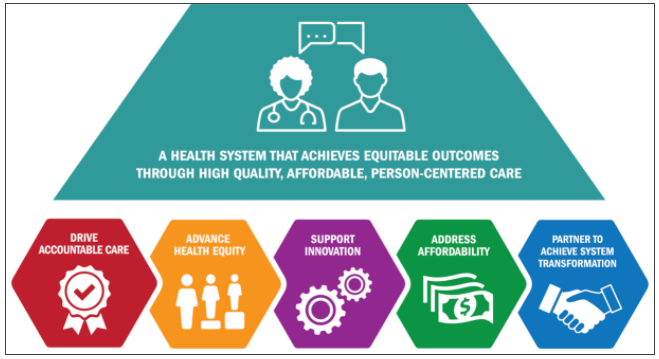Back in the mid-1990s, when I was working in the Center for Clinical Effectiveness at the Henry Ford Health System, I had the privilege and joy of being part of a team of smart, creative, passionate people working to transform health care. The team included a core staff and an extended collection of collaborators from various clinical and administrative departments within Henry Ford and the Health Alliance Plan. The extended team also included collaborators from outside the institution, including the American Group Practice Association (now called the American Medical Group Association) and other physician organizations around the country that shared the vision of population management, quality and outcomes measurement, evidence-based medicine, and patient-centeredness — the same concepts that are at the heart of the current wave of health care transformation efforts.
The thing that I found so refreshing and stimulating about working with that team was the intensity of the intellectual discourse. Everyone passionately debated everything, but nobody’s feelings seemed to get hurt too badly. The ideas that survived tended to be good ones. One of the members of that team was Yoel Robens-Paradise, a young project manager. He captured the essence of this debate society culture in a satirical poem that he wrote in December of 1994.
Based on this poem, we coined the term “Piranha Club” to describe the rare but excellent state of a team where “everyone is fiesty, but no one is mean.” I’ve been actively working to achieve the Piranha Club state in all the teams in which I have been a part ever since, including research teams, information technology development teams, clinical program design teams, consulting teams, and business leadership teams. Sometimes I succeed. Sometimes, not so much.
I am convinced that the secret to achieving the Piranha Club state is to have every single member of the team have two things. First, each team member must start by having the confidence to know that they belong there. They can’t be worrying that other people might be questioning their competence or their integrity. The slightest crack in this confidence will lead that team member to be defensive. They will interpret negative feedback not as a critique of their idea, but rather as an attack on them personally. If one person gets defensive, it can spread to the rest of the team like a bad cold. To achieve this level of confidence and drive out defensiveness, members of successful Piranha Club teams offer each other constant reinforcement, showing respect, commenting on positive things. Non-defensive, confident team members become skilled in the art of holding their ideas out in front of themselves, rather than keeping them in their chest. They place their ideas on the meeting table, treating them as inanimate objects, rather than parts of their own identities.
The second requirement to achieving the Piranha Club state is for every single member of the team to be skilled in offering criticism in a constructive, “loving” way. This can reduce the chance that the critique will be received with defensiveness. The right choice of language can go a long way in this regard. In a Piranha Club, the team members say “this design has problem A” rather than “you are wrong.” Rather than framing a question in black and white terms, they describe a spectrum framed in such a way as to make it easy for everyone to agree that both extremes are undesirable, and that the debate is merely fine tuning. They go out of their way to mix negative feedback with some positive feedback. And, most importantly, they use humor. Almost every Piranha Club team has the habit of cracking jokes. In the tradition of the court jester who can tell the King what the King needs to hear without getting thrown into the dungeon, Piranha Club teams naturally use satire, silliness and humor to lighten up and sweeten up negative feedback that can otherwise be too heavy and bitter. In fact, Yoel’s poem is an example of how the original Piranha Club even joked about itself.
More recently, when I was at Blue Cross Blue Shield of Michigan, I tried to promote this Piranha Club state by giving out Piranha Club coffee mugs.

These were awarded to members of the epidemiology, biostatistics, medical informatics and clinical program design teams. To earn a Piranha Club mug, a team member must have demonstrated that they were able to take an intellectual beating with grace, or that they were able to rip someone else’s ideas to shreds in a loving way. Every time a mug was awarded, there was an opportunity to explain the Piranha Club concept to newcomers and to reinforce the concept to people who heard it many times before. I was truly amazed at how important a $6 coffee mug was to people. In some strange way, it seemed as if some of the team members were eager to make a presentation, and eager to have others criticize their work, so they could show how bravely and graciously they could receive the criticism to earn the mug and to become an official member. It became almost a right of passage.
And, for some reason, coffee just seems to taste better in a Piranha Club mug.


